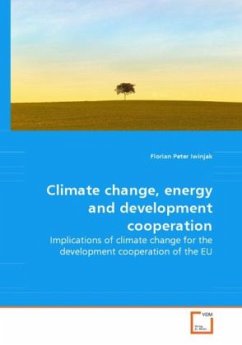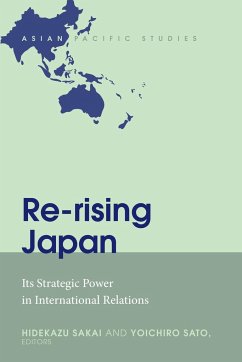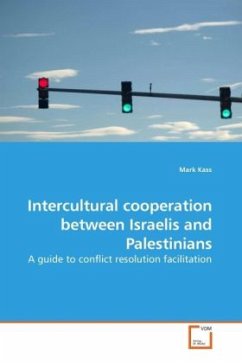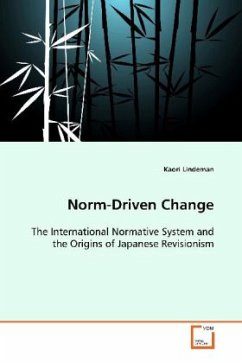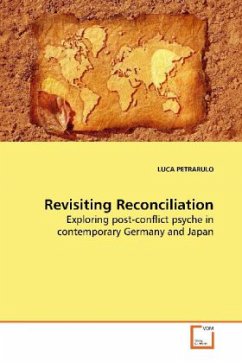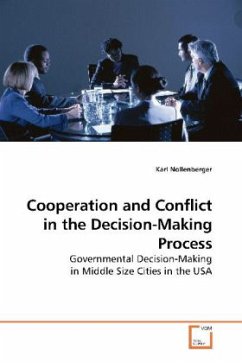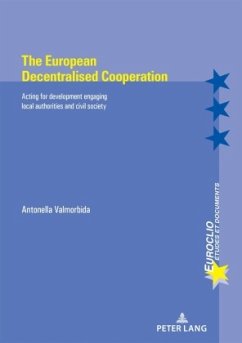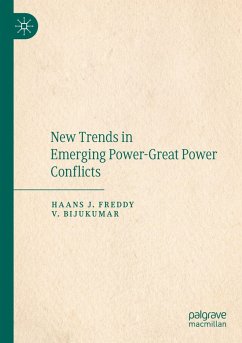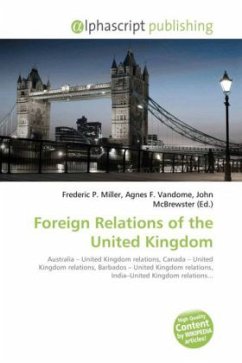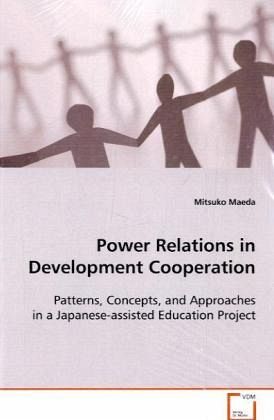
Power Relations in Development Cooperation
Patterns, Concepts, and Approaches in a Japanese-assisted Education Project
Versandkostenfrei!
Versandfertig in 6-10 Tagen
45,99 €
inkl. MwSt.

PAYBACK Punkte
23 °P sammeln!
International cooperation in education is a global enterprise that involves diverse actors, ranging from the micro- to the macro-level. The actors include states, aid organisations, private companies, schools and citizens, in both aid provider and recipient countries. These actors have different motives, concerns, interests and power. Why do I feel empowered in less-developed countries? The book begins by this question asked of the author herself, who started her career as a Japanese school teacher and became involved in international cooperation as a foreign development professional. The book...
International cooperation in education is a global
enterprise that involves diverse actors, ranging
from the micro- to the macro-level. The actors
include states, aid organisations, private
companies, schools and citizens, in both aid
provider and recipient countries. These actors have
different motives, concerns, interests and
power. Why do I feel empowered in less-developed
countries? The book begins by this question asked
of the author herself, who started her career as a
Japanese school teacher and became involved in
international cooperation as a foreign development
professional. The book expands on this question,
and offers an insight into the understanding of
power relations among these various actors. The
case study of a Japanese-assisted education project
in Cambodia provides narrative, in-depth and factual
accounts for the ways in which their motives
contributed to the power dynamics and influenced
development activities. This book is an essential
read for researchers in the field of comparative and
international education, as well as those who play
their roles as actors in international cooperation
in education.
enterprise that involves diverse actors, ranging
from the micro- to the macro-level. The actors
include states, aid organisations, private
companies, schools and citizens, in both aid
provider and recipient countries. These actors have
different motives, concerns, interests and
power. Why do I feel empowered in less-developed
countries? The book begins by this question asked
of the author herself, who started her career as a
Japanese school teacher and became involved in
international cooperation as a foreign development
professional. The book expands on this question,
and offers an insight into the understanding of
power relations among these various actors. The
case study of a Japanese-assisted education project
in Cambodia provides narrative, in-depth and factual
accounts for the ways in which their motives
contributed to the power dynamics and influenced
development activities. This book is an essential
read for researchers in the field of comparative and
international education, as well as those who play
their roles as actors in international cooperation
in education.



